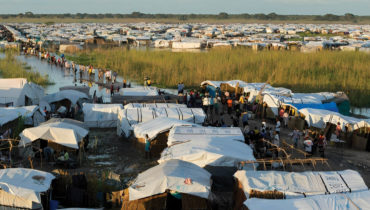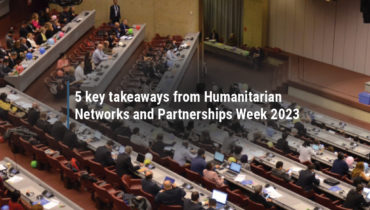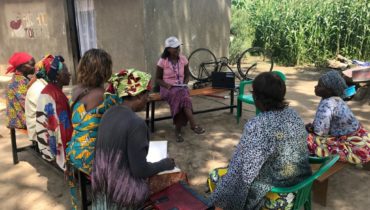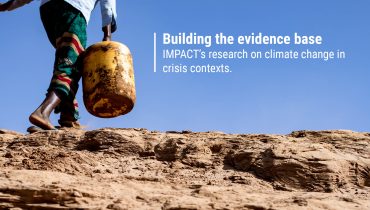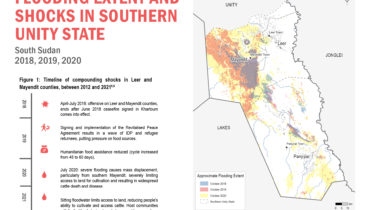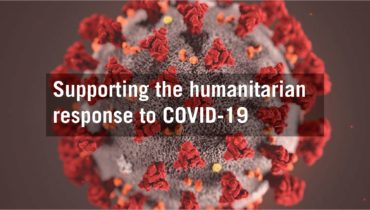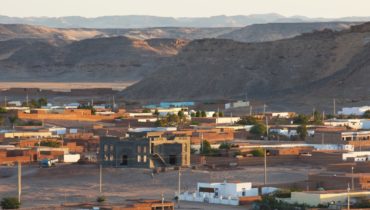South Sudan: Understanding displacement patterns in Wadakona, Tonj, Twic and Raja counties
22 December 2017

REACH enumerators interviewing IDPs in July at Masna collective site in Wau, Western Bahr el Ghazal State. ©IMPACT/2017
Since 2016, widespread fighting has displaced nearly 2 million civilians and disrupted livelihoods across South Sudan. The Integrated Phase Food Security Classification September update estimates that 6 million South Sudanese are in need of humanitarian assistance, predominantly caused by recurring clashes between armed groups and worsening intercommunal conflicts.
Aiming to better inform humanitarian actors on emerging displacement trends and humanitarian needs, REACH conducted rapid assessments in various locations including Wadakona, Tonj, Twic and Raja counties. Data was collected in November 2017 through Focus Group Discussions, Key Informants interviews, interactions with community members and general observations of the surrounding areas.
Overall, rapid assessments highlight that intensified intercommunal conflicts led to important displacements in all counties, resulting in limited access to basic services for IDPs and host communities, and particularly concerning food security conditions.
Findings from Tonj county underline that displacement in Greater Tonj, Greater Rumbek and Greater Cueibet areas was caused by seasonal cattle raiding and protracted intercommunal conflict. The increased presence of small independent armed groups led to escalating violence, with looting of livestock and burning of villages. As a result, displacement was reported towards Romich and Tonj Towns, placing additional burden on already strained basic services including education, health and water, sanitation and hygiene (WASH) services.
Additionally, in Raja county, similar displacement patterns were observed, following an outbreak of fighting in June between armed groups. REACH findings indicate a serious lack of access to WASH services especially in specific areas in Western Bahr el Ghazal.
In Twic and Wadakona counties, findings highlight a concerning food security situation. In Twic county, informants attributed food insecurity and reported malnutrition to a spike in malaria, poor WASH conditions, low rainfall as well as flooding. Whilst the majority of the population remains displaced, a small number of IDPs are returning to Wadakona with security conditions improving in the area. However, without a permanent humanitarian presence, access to food and basic services, including health, education and WASH, remains low.
Through its extensive field presence and outreach, REACH will continue to assess the situation in these areas to improve the understanding of displacement patterns and humanitarian needs. Findings are shared with the Food Security and WASH Clusters, as well as to the Intercluster Working Group, providing in-depth analysis and informing efficient decision-making and aid delivery in South Sudan.
Access REACH Rapid Assessments in full at these links:
– Raja Rapid Assessment Brief
– Tonj Rapid Assessment Brief
– Twic Rapid Assessment Brief
– Wadakona Rapid Assessment Brief


